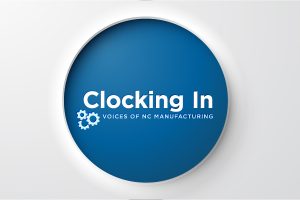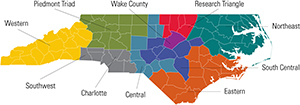The modern economy depends heavily on efficient supply chains. Delay one component of a supply chain and the result creates a domino effect with other parts of the chain collapsing. The nation witnessed this In 2021 when the pandemic disrupted global supply delivery, leading to widespread product shortages and a change in consumer purchasing habits. Since the roll-out of vaccines and treatments for COVID-19, most businesses are slowly returning to relative normalcy but the worldwide supply chain is still missing a few links.
What’s going on with the current supply chain?
Everyone is impacted by the crisis, from raw material supply and manufacturing production to retailers and end consumers. Some factories have been forced to shut down or drastically reduce their production capacity due to the inability to receive resources on time. The result is fewer vendors worldwide and a reduced volume of products, which means less inventory delivered to retail stores—exacerbating existing supply chain challenges.
You don’t have to be a manufacturer to feel the sting of the current supply chain crisis. I ordered a mattress online in 2021—something that would usually arrive within a month—it took seven months to receive it.
So, when do experts predict an end to widespread supply chain issues?
There is a distant light at the end of a very long tunnel. According to procurement.com, a survey by Ivalua, a spend management solution provider, forty-four percent of procurement leaders expect the supply chain crisis to ease by the end of 2023, while only 18% expect the supply chain crisis to improve by the end of 2022.
How can we manage supply chain issues in the meantime?
Are you looking for ways to address real-time supply chain challenges? Join NC State University Industry Expansion Solutions (IES) on September 27 at 11 a.m. for the Navigating Supply Chain Challenges webinar, where Rob Handfield will share knowledge about how manufacturers can navigate current supply chain challenges.
Professor Rob Handfield, the Bank of America University Distinguished Professor of Supply Chain Management at North Carolina State University and director of the Supply Chain Resource Cooperative, will give a presentation on the current state of the supply chain. Hanfield also serves as an adjunct professor with the Supply Chain Management Research Group at the Manchester Business School.



